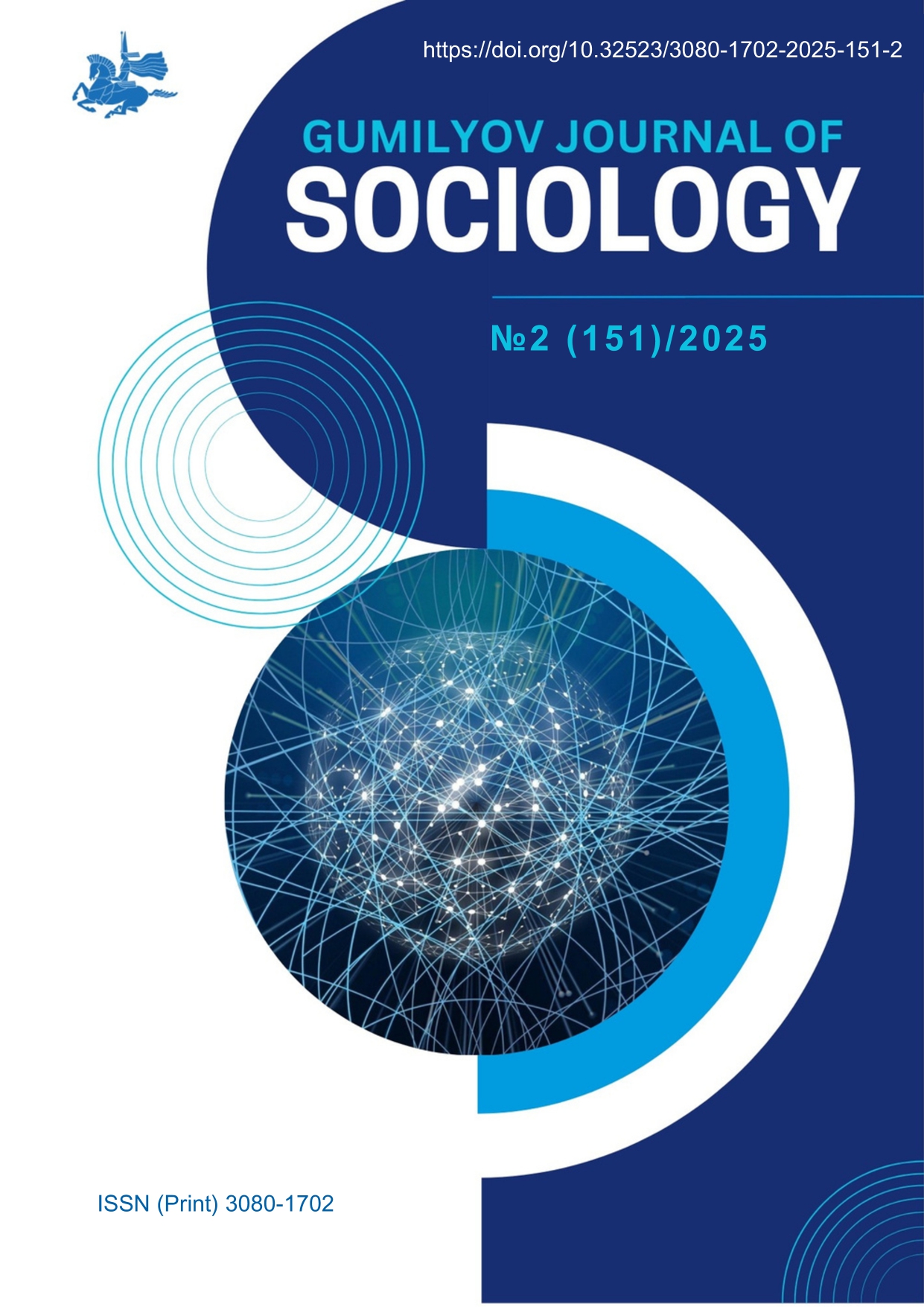Study of Anti-Corruption Ethics among Kazakhstani Youth: Media World’s Possibilities
DOI:
https://doi.org/10.32523/3080-1702-2025-151-2-41-53Keywords:
youth, ethics, corruption, anti-corruption ethics, attitudes, media, social researchAbstract
The article describes the vision statements of young Kazakhstanis, which allow us to study the moral phase of the corruption phenomenon through the analysis of behavioral responses to corruption situations. Study of the anti-corruption ethics among young people is based on the results of a nationwide survey of Kazakhstan population conducted on the initiative of the Anti-corruption Agency of the Republic of Kazakhstan, together with the Talap Center for Applied Research. Such a survey was aimed at the perceptual evaluation of corruption level in the country and the potential for integrity of the population. The results of the survey demonstrate a negative attitude toward corruption among the majority of the respondents. As well, they maintain a principled stand on bribery and believe that corruption largely hinders the full implementation of personal and professional activities. The study established the fact that the moral guidelines of the majority of the rising generation broadcast anti-corruption attitudes. In this regard, of particular interest is the role and power of the media in creating the ethical ideals among young Kazakhstanis in general and their anti-corruption worldview in particular. The article analyzes the possibilities of the media in the development of anti-corruption ethics and behavior among the population.








